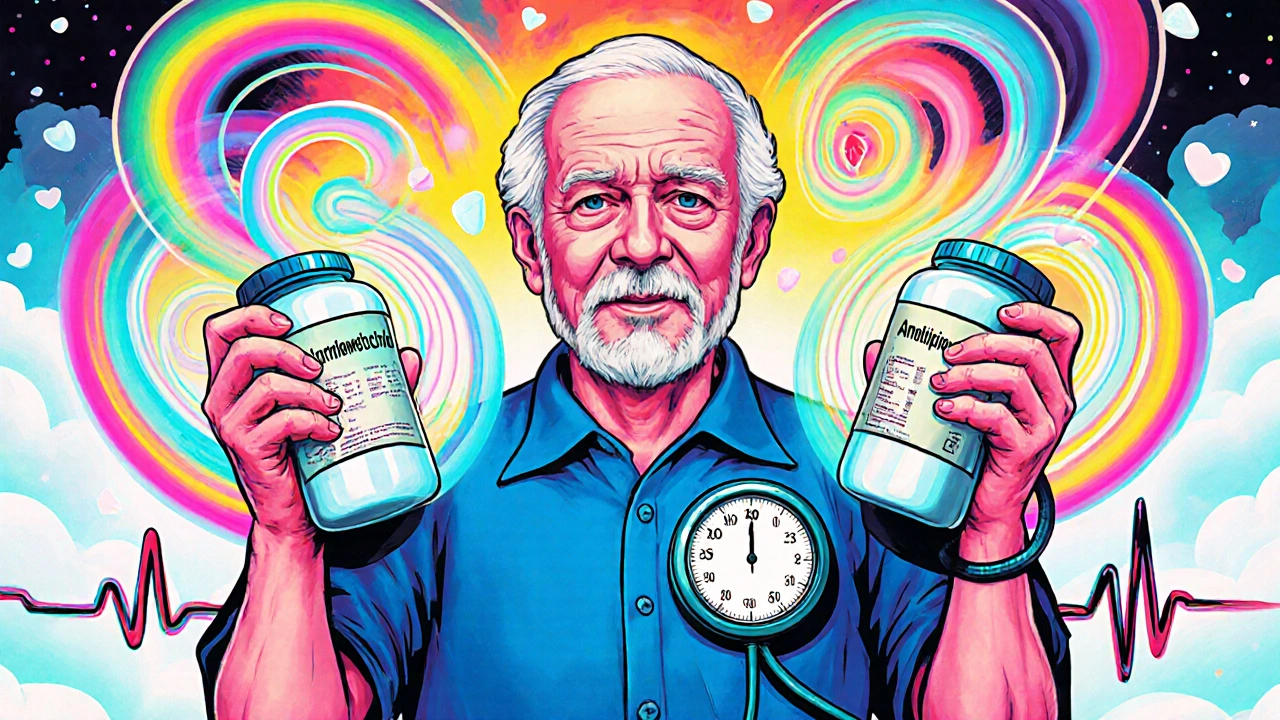CYP3A4: How This Enzyme Affects Your Medications and Supplements
When you take a pill, your body doesn’t just absorb it and call it a day. It has to break it down—and that’s where CYP3A4, a key enzyme in the liver responsible for metabolizing over half of all prescription drugs. Also known as cytochrome P450 3A4, it acts like a molecular scissors, cutting apart chemicals so your body can flush them out. If CYP3A4 is too active, your meds might not work. If it’s too slow, you could overdose on a normal dose. This isn’t theory—it’s daily reality for people taking statins, antibiotics, blood pressure pills, or even common herbal supplements.
What makes CYP3A4 so tricky is that it doesn’t work the same for everyone. Some people inherit genes that make it super active. Others have versions that barely function. And it’s not just genetics. Grapefruit juice? It shuts down CYP3A4 like flipping a switch. St. John’s Wort? It cranks the enzyme up to max. Even some antibiotics and antifungals can mess with it. That’s why you might take the same dose as your friend but feel totally different effects—or why your doctor suddenly changes your statin after you started taking garlic pills. This enzyme doesn’t just affect drugs. It’s why some supplements can be dangerous when mixed with prescriptions. The same mechanism that lets your body clear toxins also clears life-saving meds.
Understanding CYP3A4 helps explain why some people get muscle pain on statins while others don’t, why your allergy meds suddenly stop working after you started a new supplement, or why your doctor asked for a genetic test before prescribing certain HIV or cancer drugs. It’s the hidden link between what you take and how your body responds. The posts below dive into real cases where this enzyme plays a starring role—from how herbal supplements like St. John’s Wort clash with antidepressants, to why certain statins are riskier than others, to how pharmacogenomics testing can predict your reaction before you even swallow a pill. You won’t find fluff here. Just clear, practical info on how CYP3A4 shapes your health, one pill at a time.
Clarithromycin and Calcium Channel Blockers: The Hidden Hypotension Risk
Clarithromycin can dangerously raise levels of calcium channel blockers like amlodipine and nifedipine, causing severe hypotension. Azithromycin is the safe alternative. Learn who's at risk and what to do.






